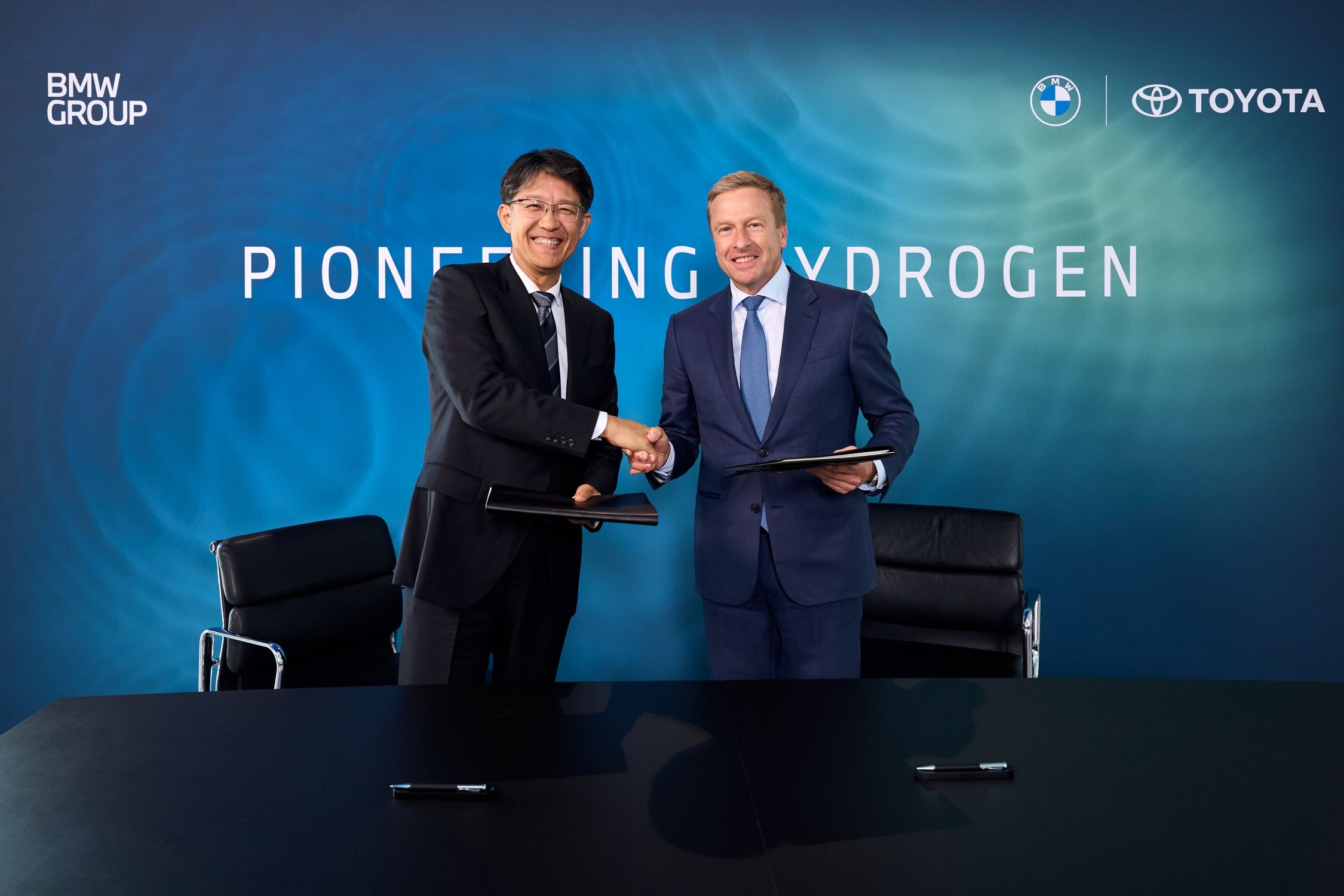BMW Group and Toyota Motor Corporation have announced a significant expansion of their collaboration to accelerate the development and adoption of fuel cell electric vehicles (FCEVs). The partnership will focus on creating a new generation of fuel cell powertrain technology for passenger cars, with BMW set to launch its first-ever series production FCEV in 2028.
Both companies have expressed a shared commitment to advancing the hydrogen economy and reducing carbon emissions. By combining their expertise and resources, they aim to make FCEVs a more viable and attractive option for consumers.
“This is a historic milestone for the automotive industry,” said Oliver Zipse, Chairman of the Board of Management of BMW AG. “The first-ever series production fuel cell vehicle offered by a global premium manufacturer will demonstrate the power of technological progress in shaping future mobility.”
Koji Sato, President and Member of the Board of Management (Representative Director) of Toyota Motor Corporation, added, “We are excited to take our collaboration with BMW to the next level. By working together on next-generation fuel cell systems and infrastructure, we can accelerate the realization of a hydrogen society.”
The joint development of the powertrain system will leverage the strengths of both companies, with the core fuel cell technology being shared across commercial and passenger vehicle applications. This will enable BMW and Toyota to offer a wider range of FCEV options to customers, while also driving down costs through economies of scale.
BMW’s upcoming FCEV will be based on the jointly developed powertrain technology and will complement the company’s existing lineup of battery electric vehicles (BEVs) and plug-in hybrid electric vehicles (PHEVs). This demonstrates BMW’s commitment to a multi-pathway approach to electrification and its belief in the potential of hydrogen as a clean energy source.



